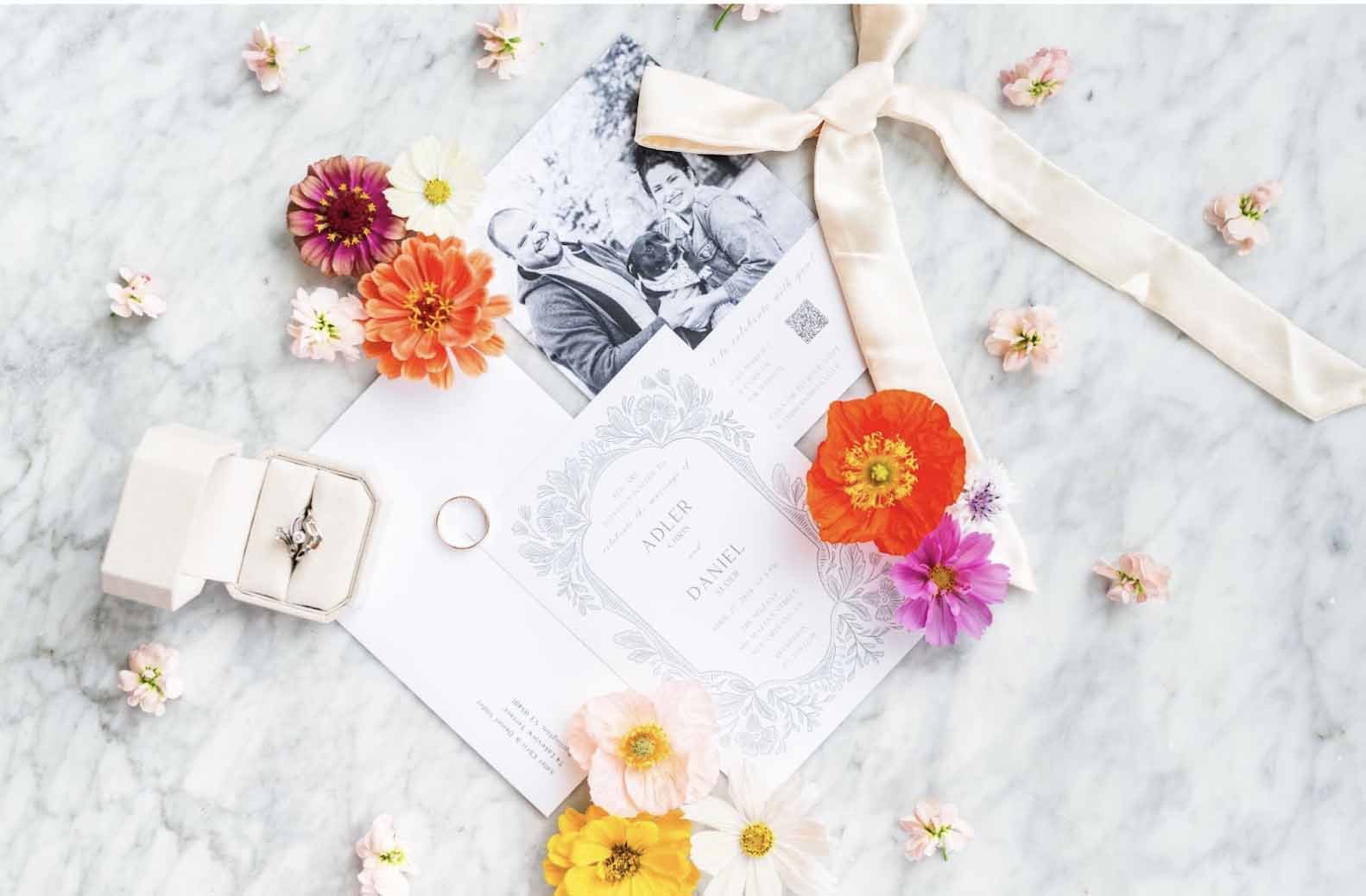Stress Less, Celebrate More: Wedding Budgeting Tips Every Engaged Couple Needs to Know!
Expert Budgeting Strategies: CFO Danielle Shares How to Build and Maximize Your Event Budget for Success
Planning a wedding is a thrilling experience, but managing the budget can sometimes feel overwhelming. With expert tips from CFO Danielle, you can take control of your finances, focus on what matters most, and still plan the wedding of your dreams. Here are six essential wedding budgeting tips that every engaged couple should know:
1. Start with a Clear Vision
Before tackling numbers, define your event’s purpose and goals. A clear vision helps prioritize your spending. If the goal is to create a memorable experience, focus spending on entertainment or décor. If food is the star, allocate more of your budget toward the food and beverage experience, reducing spending on non-essential elements like florals.
Outline All Potential Event Costs
Make a detailed list of every possible expense. Include:
Entertainment
Printing materials
Don’t forget to budget for a contingency fund (around 10% of your total) to handle any unexpected expenses. Being thorough upfront ensures you won’t overlook any event costs that may arise later.
3. Prioritize Your Spending
Only some parts of your event require the same level of financial investment. Focus your spending on elements crucial to your event’s success. For a networking event, for example, ambiance and quality refreshments may be more critical than extravagant décor. Understanding your event’s core needs helps you prioritize your spending effectively, minimizing unnecessary event costs.
4. Get Creative with Vendors to Lower Event Costs
Collaborating with vendors can help you reduce event costs without compromising quality. For example, if a family-style dinner turns out to be expensive due to staffing and rentals, ask your caterer for alternative solutions like a plated meal or buffet stations. Vendors are experienced in managing event budgets and can often suggest creative, cost-saving solutions.
5. Monitor and Adjust Throughout the Planning Process
Event budgets are dynamic. Regularly track your expenses and adjust your budget if necessary. Keep two columns: your budgeted amount and your actual expenses. This practice helps you stay on track and provides valuable insights for future event planning, ensuring that your next event budget is even more precise.
6. Evaluate Post-Event for Future Budgeting Insights
After the event, review how your budget was spent. What worked well? Where could you have saved more? Conducting a post-event evaluation provides valuable insights that will help refine your budgeting strategies for future events, ensuring you manage unexpected expenses and vendor costs better next time.
Conclusion: Plan Your Perfect Event Within Budget with Expert Support
By considering these budgeting strategies, you’ll not only manage your event costs effectively but also create an unforgettable experience within your financial plan. From prioritizing your spending to working with vendors and monitoring unexpected expenses, a well-organized budget can lead to a successful event. Happy planning!
If you're looking to work with experienced event coordinators or a catering company that can help you plan your budget and ensure every detail is covered, contact My House Events today! Our team of experts is ready to guide you through the planning process, helping you stay within budget while creating a memorable and stress-free event. Let’s make your event spectacular together!







